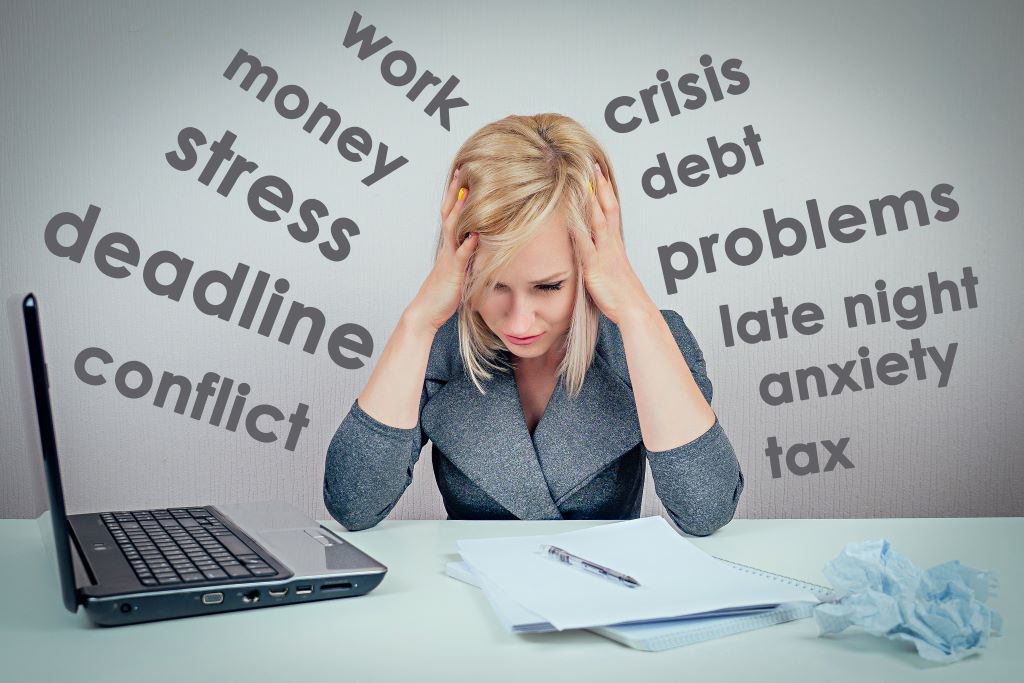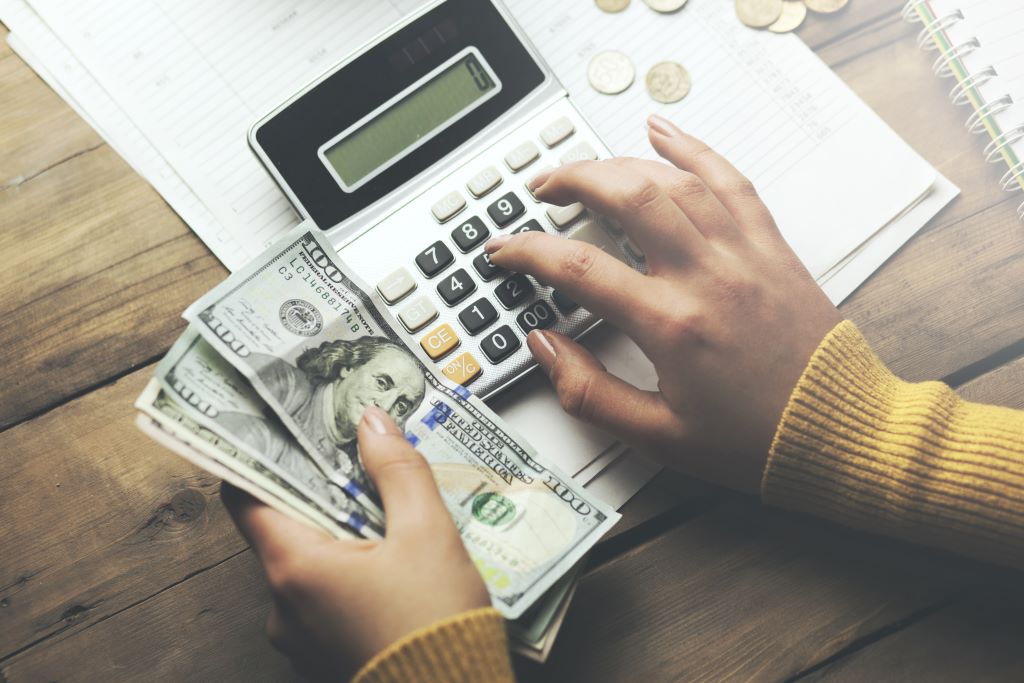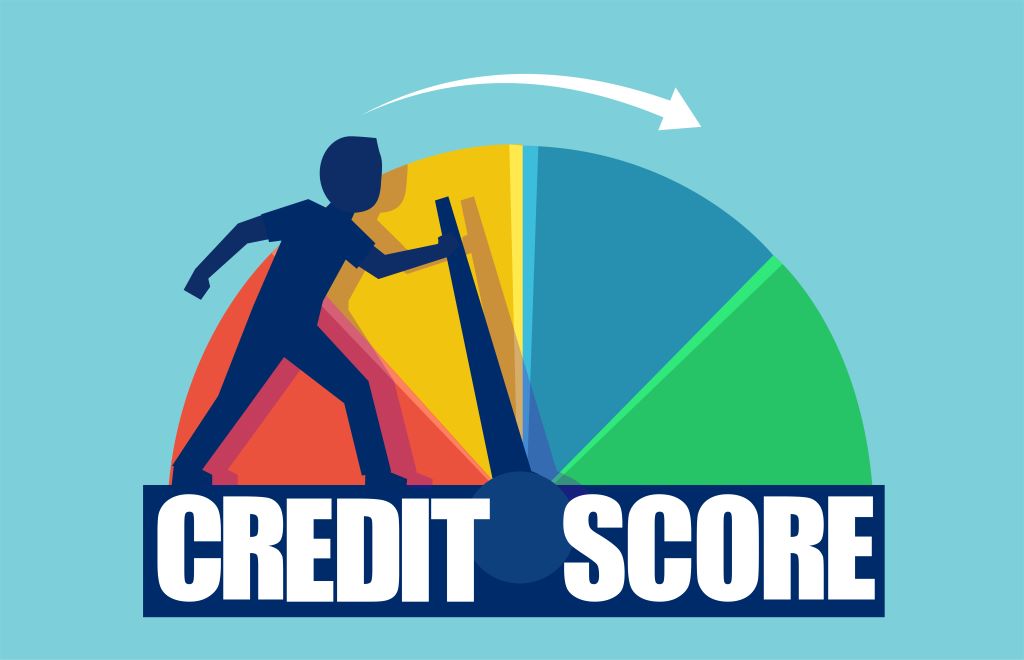As we close out the year, now is a great time to check in on our finances. It’s important to do this, so we can set goals for next year. One key part of this review is debt reduction. By staying ahead of things and making an effort to reduce your debt, you can set yourself up for success in the coming year. In this guide, we’ll share some helpful debt reduction strategies. But we’ll also explain why it’s so important to lower your debt as the year comes to an end.

Why You Should Lower Your Debt as the Year Ends
Debt reduction at the end of the year can be important for many reasons. Here are a few to consider:
1. Start the New Year Fresh
Clearing a significant chunk of your debt can help you start the new year with a clean slate. Doing this can also help lift a weight off your chest and encourage you to keep paying off your debt.
2. Prevent Financial Stress When You Lower Your Debt
Did you know that financial issues are one of the leading causes of stress among Americans? According to CNBC, 73% of Americans said their finances were the number one stressor in their life.* By actively working to reduce it, you can ease this burden. In turn, this could help improve your mental and emotional health. For more information on how to prevent financial stress, check out our list of five helpful tips to reduce financial stress.
3. Save on Interest with a Debt Reduction Plan
The longer you carry debt, the more you typically pay in interest. By reducing your debt load now, you can save money that could be better invested or used for other things.
4. Financial Flexibility
Reducing debt can give you more flexibility with your finances. With more disposable income, you can put your money towards more important things such as investments, savings, or experiences you’ve been looking forward to.
What Is the Difference Between Debt Consolidation and Debt Settlement?
Debt consolidation combines multiple debts into a single, more manageable payment. Debt settlement, on the other hand, involves negotiating with creditors to pay a reduced amount to settle the debt.
Are There Government Programs for Debt Relief?
Yes, there are several government programs and initiatives that can help provide relief for specific types of debt, such as student loans. These programs may offer options for loan forgiveness, income-driven repayment plans, and more.
What Are the Best Apps or Tools for Managing and Reducing Debt?
Some popular debt management apps include Mint©, YNAB© (You Need a Budget), and Debt Payoff Planner©. These tools can help you in a variety of ways, such as tracking expenses, setting budget goals, and monitoring your progress towards debt reduction.
Now, let’s dive into some effective strategies that could help you work towards reducing your debt.

Best Debt Reduction Strategies
Consider trying out some of these debt reduction strategies:
1. Create a Budget to Lower Your Debt
Start by taking a look at your current financial situation. Create a detailed budget that includes your income and all necessary expenses. This will help give you a clear picture of how much money you can put towards reducing your debt. If you’ve never created a budget before, consider trying out a budget calculator to help get you started. There are tons of free online options to choose from like this one here.*
2. Prioritize Paying Off High-Interest Debt First
Start by tackling high-interest debt first, such as credit card balances. These debts can accrue interest at a faster rate, so paying them down first can help save you money in the long run and can also lead to faster overall debt reduction. For more helpful tips, check out our guide on how to pay off your credit card debt.
3. Try the Snowball or Avalanche Method in Your Debt Reduction Plan
What Is the Snowball Method for Debt Reduction?
The snowball method involves paying off the smallest debts first. This approach has been known to give people a psychological boost, which can help motivate them to keep making payments towards their debt.
What Is the Avalanche Method for Debt Reduction?
The avalanche method, on the other hand, focuses on paying off the highest-interest debt first, which can save you more money in the long run. Whichever method you choose, just make sure to pick the one that fits best with your financial goals.
4. Increase Your Income
Consider looking into opportunities that could increase your income. For example, you could take on a part-time job, try freelancing, or make money off of a skill or hobby. The additional income you earn can be put directly towards repaying your debt.
5. Negotiate Lower Interest Rates
Contact your creditors to try to negotiate lower interest rates. This can be helpful if you have a good payment history and credit score. For more helpful negotiation tips, check out our guide on how to negotiate with debt collectors.
6. Avoid New Debt
While you work towards reducing your current debt, try your best not to take on new debt. This may sound hard, but all it requires is a few lifestyle changes! For example, you may need to adjust your spending habits or find other ways to meet your needs.
7. Build an Emergency Fund
Having an emergency fund can reduce the likelihood of having to use credit when unexpected expenses pop up. Experts recommend saving three to six months’ living expenses in your emergency fund, but anything is better than nothing! Check out our guide on how to build an emergency fund for helpful tips, so you can build your own.
8. Consider Debt Consolidation or Refinancing
As a last option, you can look into debt consolidation loans or refinancing. These options can potentially lower your overall interest rate and help make your debt more manageable.
By using these strategies, you’ll not only lower your debt over time, but also set yourself up for better habits in the future. Keep in mind, the key to successful debt reduction is staying consistent and sticking to your plan!

What Is the Debt-to-Income Ratio, and How Does It Affect Debt Reduction?
The debt-to-income ratio compares your monthly debt payments to your monthly income. A high ratio usually means a heavy debt load, which can make it harder to qualify for loans or lower your debt. This is why lowering your debt is so important.
How to Prioritize Which Debts to Pay Off First
- A good rule of thumb is to start by paying off high-interest debts.
- Consider the emotional impact of paying off smaller debts first (snowball method).
- Focus on more urgent debts with immediate consequences, such as past due bills or loans in danger of default.

How Does Debt Affect My Credit Score, and How Can I Improve It?
Debt can affect your credit score negatively if you have high balances compared to your credit limits. But the good news is that there are several things you can do to help improve your credit score. For example, you could focus on making on-time payments, reducing outstanding balances, and avoiding new debt. To learn more about credit scores, head to our blog post, “Credit Score 101: Everything You Need to Know”.
What Is the Role of a Credit Counselor In Debt Reduction?
A credit counselor provides guidance on several credit-related issues such as managing debt, creating budgets, and developing strategies for debt reduction. They can also negotiate with creditors on your behalf and provide educational resources on financial management.
How to Stop Collection Calls and Harassment from Debt Collectors
You can request in writing that debt collectors stop communication, but first, familiarize yourself with your rights under the Fair Debt Collection Practices Act (FDCPA). If you’re still having issues, consider seeking advice from a consumer protection agency or attorney.
What Are the Consequences of Declaring Bankruptcy?
If you’ve exhausted all other ideas, filing for bankruptcy might be your only option. But it can have serious and long-lasting financial consequences, such as damage to your credit score, potential loss of assets, and limited access to credit in the future. This is why bankruptcy is a last option for many. So, it’s important to talk with a bankruptcy attorney to fully understand how it could affect you and your finances.
Debt can be stressful and the idea of tackling it head on can be intimidating. But it’s also completely possible with a few of these tips in mind! We hope we answered all your questions here, but make sure to check out our Resources page for tons of more information on many other financial topics. For more on debt, check out our blog posts, “What You Should Know About Debt Relief Options” and “Living Paycheck to Paycheck: How to Stop in 2024”.
High-interest loans can be expensive and should be used only for short-term financial needs, not long-term solutions. Customers with credit difficulties should seek credit counseling. The opinions expressed above are solely the author’s views and may or may not reflect the opinions and beliefs of the website or its affiliates. Cash Factory USA does not provide financial advice.
* This blog contains links to other third-party website that is not endorsed by, directly affiliated with, or sponsored by Cash Factory USA. Such links are only for the convenience of the reader, user, or browser.